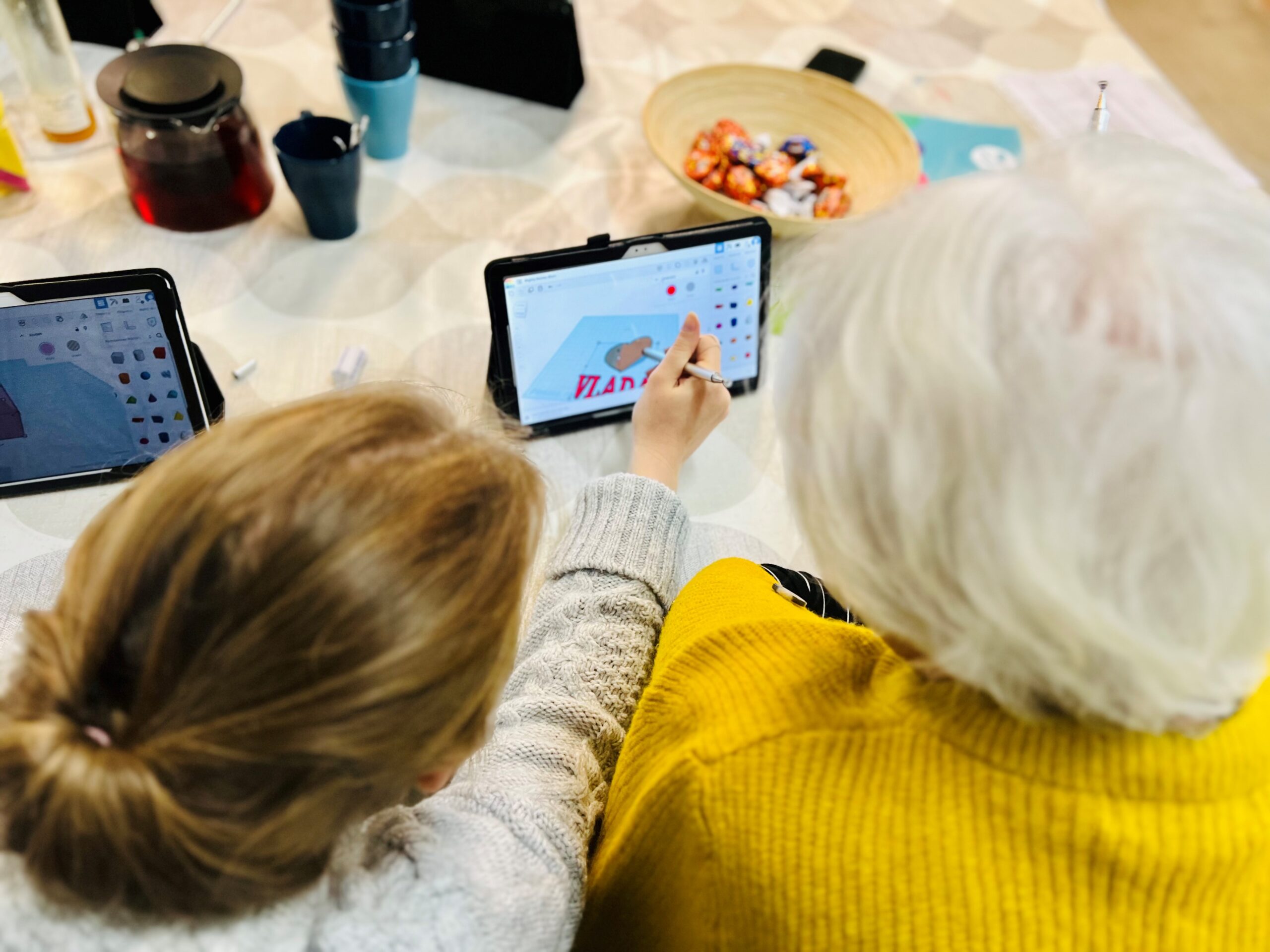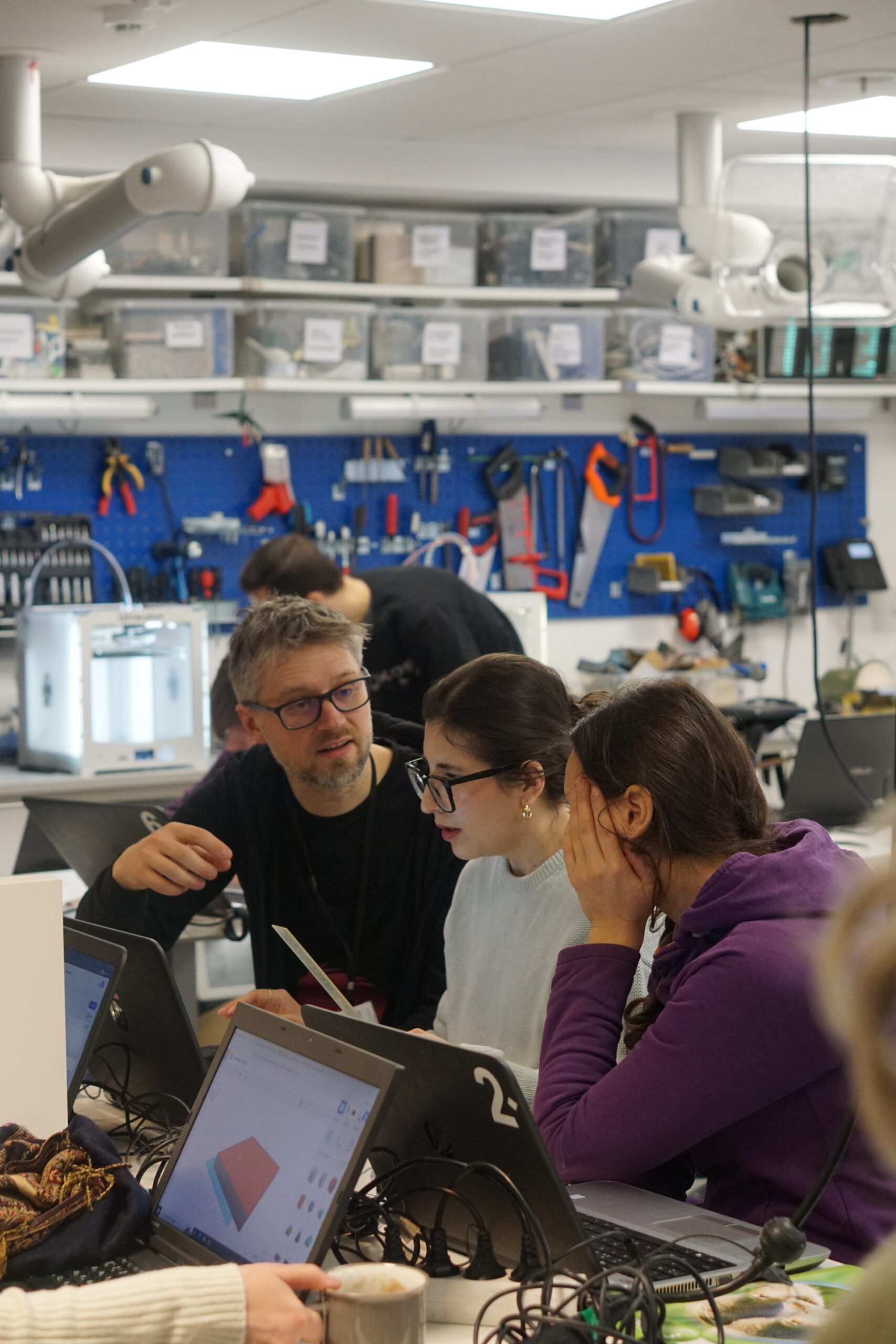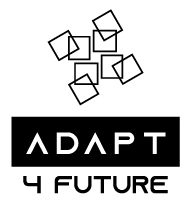Skill development
This partnership was set up in order to facilitate the acquisition of needed skills and competences among two major target groups:
1) adult educators – staff of public libraries, FabLabs and local community centers;
2) adult learners (adults, unemployed adults, unemployed young adults (15-24 years old), NEETs, immigrants (asylum seekers and refugees).


Our Objectives
1. Develop an innovative methodological toolkit aimed at the development of 3D printing, Design Thinking and andragogical skills, containing learning content for adults for design-based learning activities, and accompanied by methodological materials for adult educators.
2. Provide competence development for adult educators and sustainability of the produced methodology in partner and associated organizations.
3. Engage adult learners, including with fewer opportunities due to social, economic, geographical or migrant background obstacles, in exciting technological activities based on non-formal learning principles in their community/city/town.
4. Disseminate the project’s intellectual outputs across various educational fields, governmental and non-governmental sectors.
Results of the project

A methodology for 3D workshops
In the beginning of the project, the skills of the facilitator and learner target groups were mapped in all three partner countries. Based on the results, the main tangible result of the project, a methodological toolkit was developed. It contains methodological materials for 3D workshops that any facilitator or learner can use for their learning needs. Illustrated methodological guidelines accompany these materials and provide a concise learning plan together with recommendations and good practice examples from the product validation stage.
Skill development among adult educators
An international 5-day training was delivered to adult educators in September 2022 in Kaunas, Lithuania. It involved staff and volunteers from 4 partner organizations, a total of 20 participants. During the activity, future 3D workshop facilitators learned about the applicability of the 3D technology, practised different 3D software and implemented creative projects based on the methodology developed in the initial stage of the project. The learning involved theoretical and practical tasks.
Product validation through local workshops
More than 200 adult learners took part in local 3D workshops between December 2022 and April 2023 in Lithuania, Poland and Italy. They learned the basics of 3D printing and created their own designs, both according to step-by-step instructions as well as open, creative projects with the aim of fixing or improving a selected item. Participant group included Ukrainians and immigrants from other countries, senior citizens and adults with low computer literacy skills. The majority of the learners were total beginners in 3D printing.
Skill development among adult learners
Participants of the workshops were asked to evaluate their quality as well as the level of their own 3D printing skills before and after. Also, they had to assess to what extent they developed their personal skills, such as teamwork and creativity. According to the survey, all participants improved their skills with 3D printing equipment and software. Respondents indicated that they had the opportunity to improve all competences presented during the training in a very significant or significant way.
Impact evaluation
An ex-post research was implemented among the workshop participants 2 to 4 months after the workshops. The goal of the research was to find out about the applicability of the 3D technology in their professional and personal environment. The research included ◦ PHASE 1 (Survey w/ Closed ended questions) and ◦ PHASE 2 (Interview w/Open Questions).
Dissemination
130 adults, educators, teachers, volunteers, policy makers, educational sector managers, NGO and industry representatives were involved in multiplier events in 3 partner countries. Apart from that, articles about the workshops were published in partner languages for the national and international audiences.
